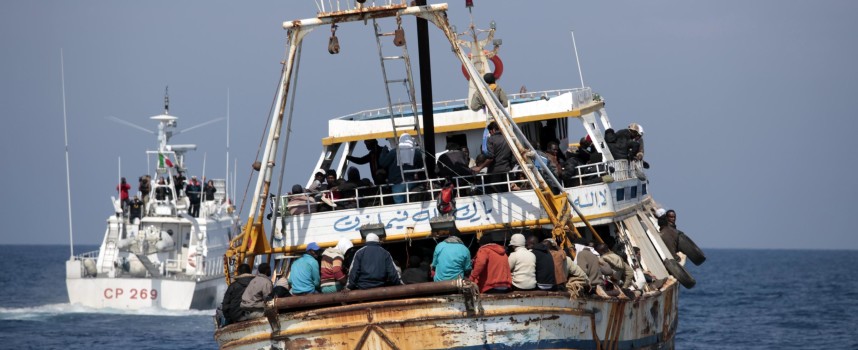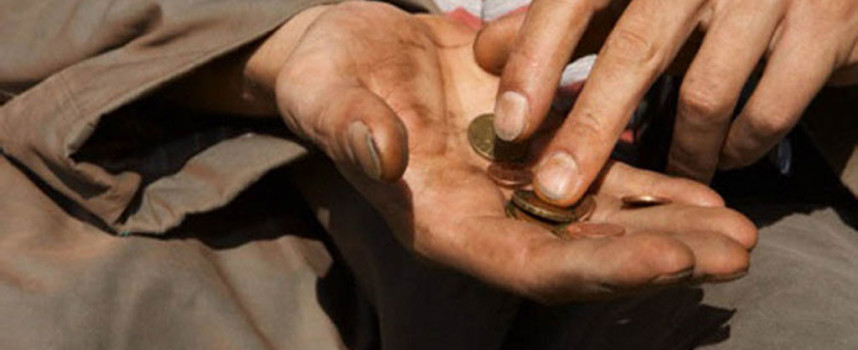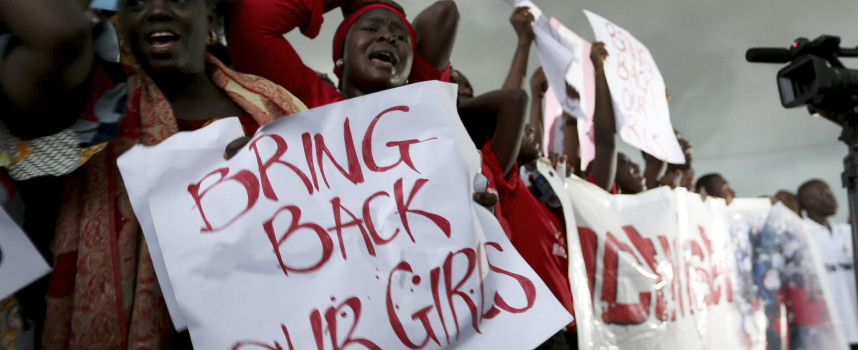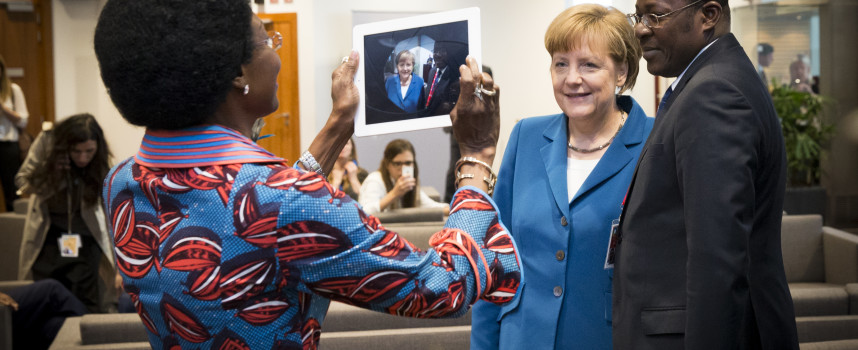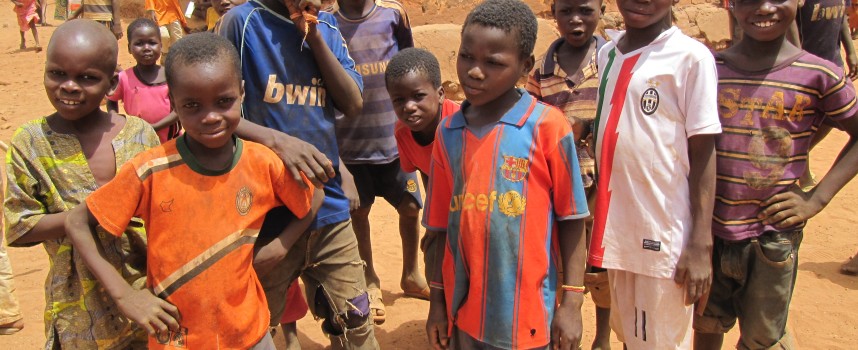Posts From Michele Luppi
EN | IT – The words that the Catholic bishops of Eritrea have pronounced, on May 25, in a pastoral letter published on the 23th anniversary of the Country’s independence, are hard. In the bishops’ minds, the tragedy of October 3 last year, off the coast of Lampedusa, which killed over three hundred migrants, most of them Eritreans. No coincidence that the title of their Pastoral Letter, Where is your brother?, takes up the words of Pope Francis during his visit to Lampedusa on July 8, 2013. But, faced with these words and these facts, what was the reaction of Europe?
EN | IT – “It is now recognized that, for the first time, the world has the technology and resources to eradicate extreme poverty in our lifetime.” This is why “there is no excuse for us”. These are the resolute words used by Andris Piebalgs, European Commissioner for Development, in early June and only few months away from the renewal of the European Commission, to express the European commitment to carry on the negotiations for the establishment of the Sustainable Development Goals (SDGs). These will be a new series of international commitments that will represent the natural continuation of the Millennium Development Goals (MDGs) launched by the United Nations in 2000 and that will be reaching their conclusion in 2015.
EN | IT – “Bring back our girls”. It’s the slogan which is getting around the whole world to call attention to the destiny of the over two hundred schoolgirls kidnapped in the north of Nigeria by Boko Haram militants. Thanks to the engagement of TV stars and political leaders this slogan has succeeded in drawing the attention of the media on a crisis which has stayed in the news background too long. This crisis runs the risk of destabilizing a Nation that is important for its economy, demography and politics, and its consequences could be felt much farther than Nigerian borders.
EN | IT – This was a Summit with neither winners nor losers, where African and European leaders strived to defend the status quo rather than reach more ambitious goals.
This is a good way to summarize the outcome of the EU-Africa Summit which took place in Brussels on April 2nd and 3rd: a two-day meeting that was characterized by a great deal of institutional “fair play” to avoid clashes, but disappointed those who expected continental relations to be effectively relaunched.
EN | FR | IT – In the next few days, April 2-3, the leaders of Africa and Europe will gather in Brussels for the 4th EU-Africa Summit, seven years after their previous meeting in Lisbon.
It will be an important opportunity especially for the European Union, which is called to rethink its relationship with the African continent. In 1950, in what is known to history as the Schumann Declaration, the then French foreign minister wrote: “Europe shall be able, with increased resources, to pursue the implementation of one of its fundamental tasks: the development of the African continent”.

